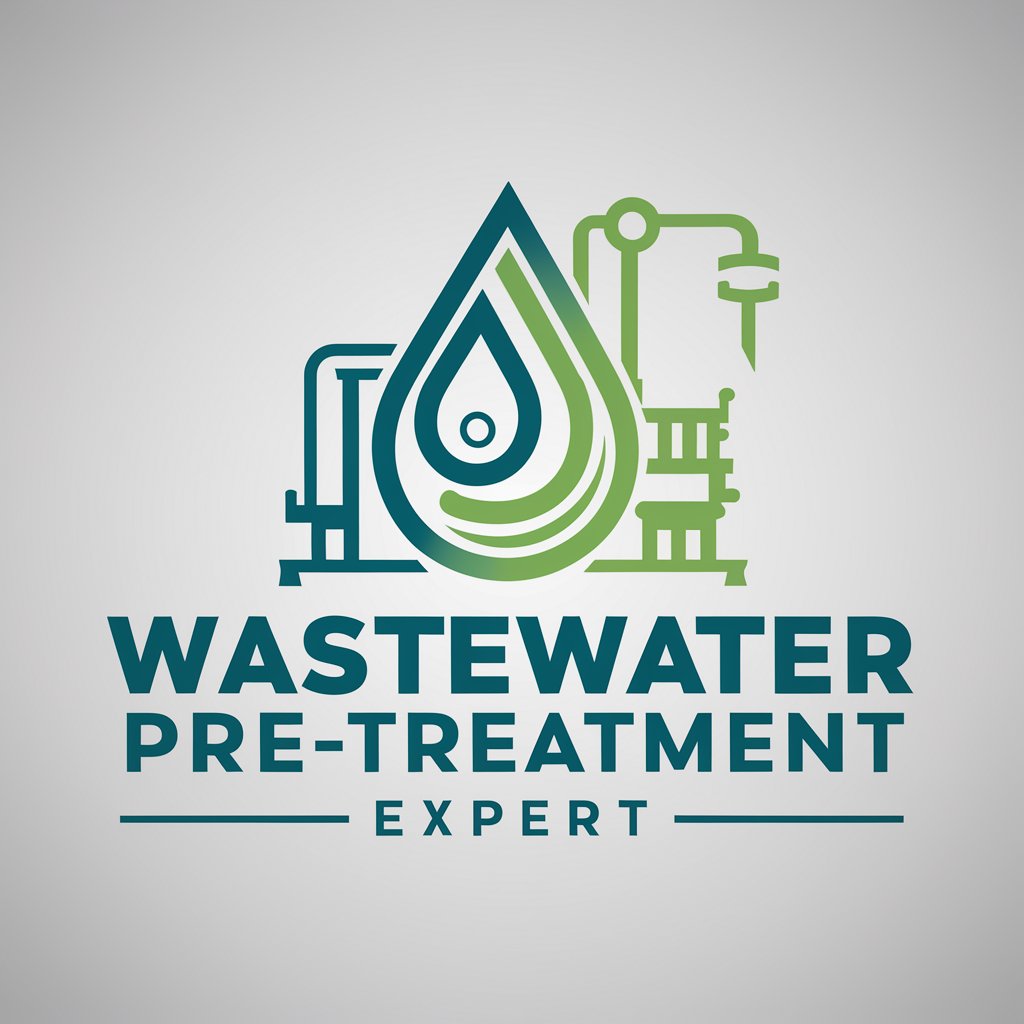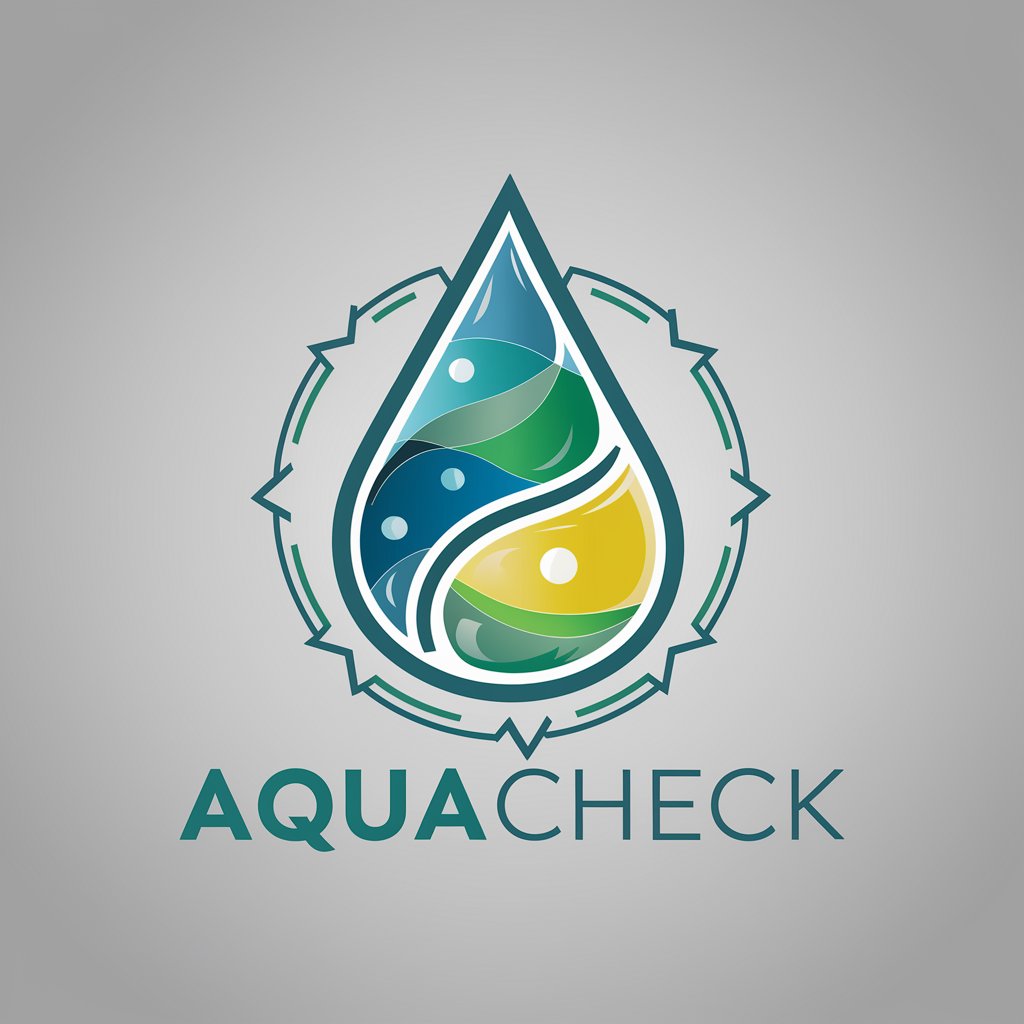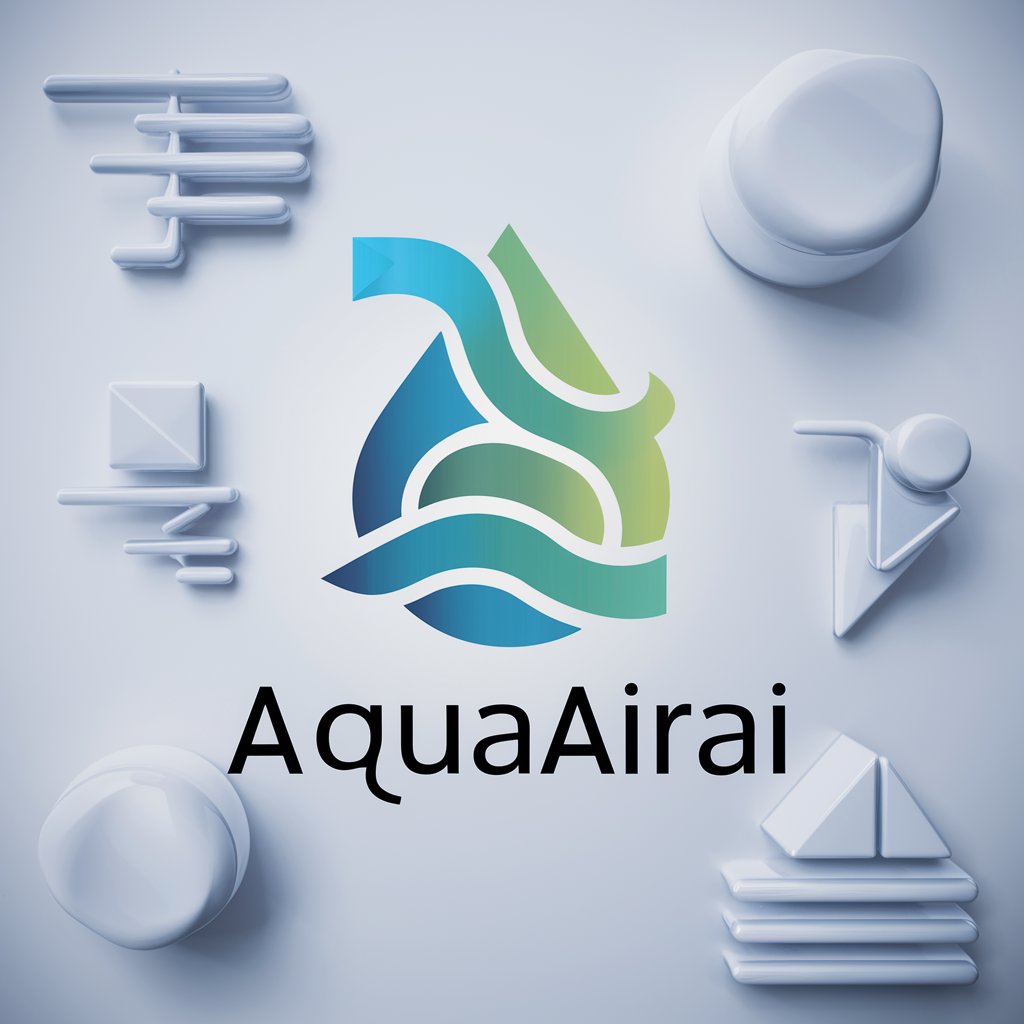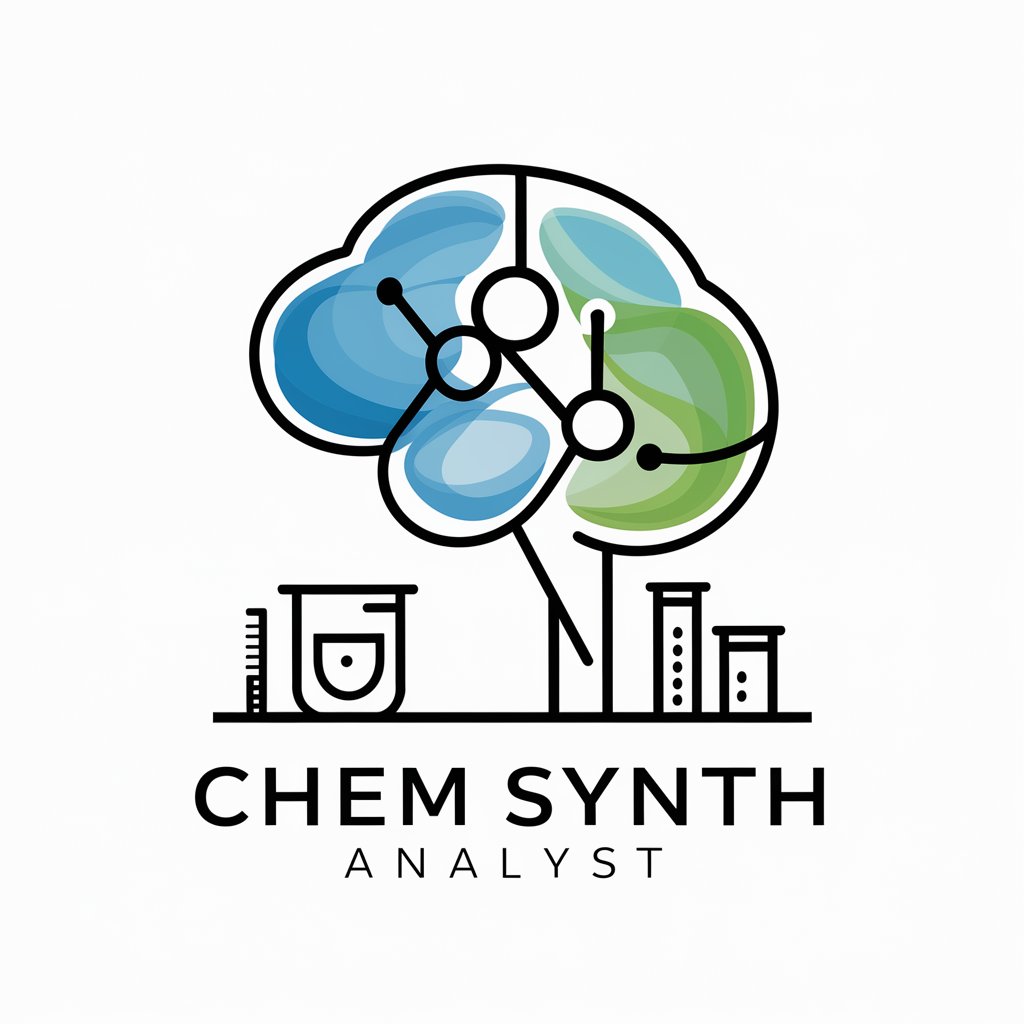
Water Quality Analyst - Water Quality Insight and Analysis
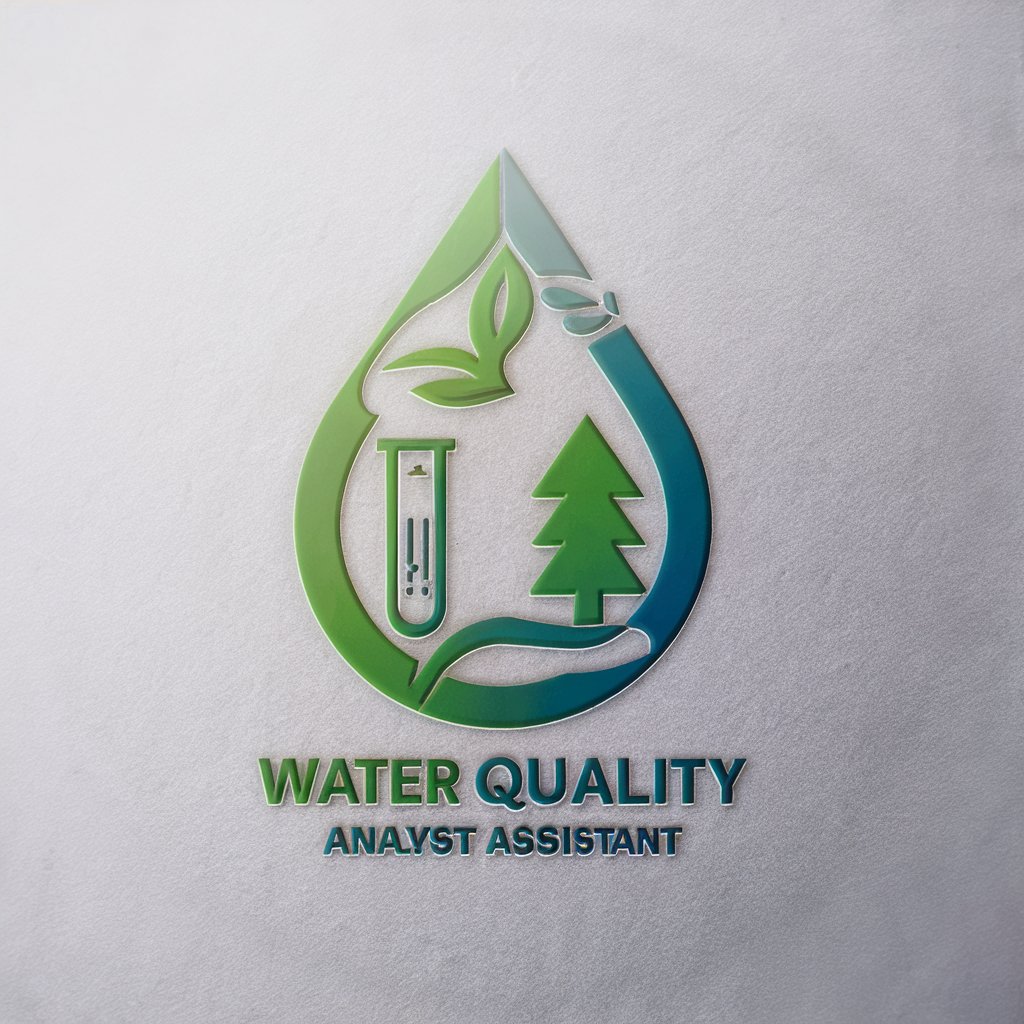
Welcome, ready to dive into water quality analysis?
Empowering water quality analysis with AI.
Analyze the latest data on water quality in the region and identify potential contaminants.
Suggest advanced methods for improving water treatment processes to meet regulatory standards.
Evaluate the effectiveness of current water quality monitoring techniques in identifying pollutants.
Recommend practical measures for achieving and maintaining high water quality standards in public supplies.
Get Embed Code
Understanding the Role of a Water Quality Analyst
A Water Quality Analyst, as embodied by this specialized AI model, is designed to support professionals engaged in monitoring, analyzing, and managing water quality. The primary design purpose is to offer assistance in identifying potential contaminants, ensuring compliance with health and environmental regulations, and optimizing water treatment processes. Through the application of advanced analytical tools and a data-driven approach, this model aids in the evaluation of water samples, interpretation of data trends, and recommendation of solutions to maintain or enhance water quality. An example scenario includes assisting a municipal water treatment facility in determining the effectiveness of their filtration system by analyzing turbidity levels and recommending adjustments based on regulatory standards. Powered by ChatGPT-4o。

Core Functions of a Water Quality Analyst
Contaminant Identification and Analysis
Example
Determining the presence of E. coli in a community water supply.
Scenario
In response to reports of gastrointestinal illness in a community, the Water Quality Analyst aids in the collection and analysis of water samples, identifying E. coli as the contaminant. Recommendations are made for immediate remedial actions and long-term treatment solutions to prevent recurrence.
Regulatory Compliance and Reporting
Example
Ensuring compliance with the Safe Drinking Water Act (SDWA) standards.
Scenario
A water utility is guided through the process of compiling and interpreting data from water quality tests to ensure compliance with SDWA standards. The Analyst assists in preparing reports for regulatory bodies, highlighting compliance levels and areas requiring attention.
Optimization of Water Treatment Processes
Example
Improving the efficiency of a reverse osmosis (RO) system.
Scenario
For a desalination plant experiencing lower than expected performance from its RO system, the Analyst evaluates operational data to identify scaling issues. Recommendations are provided for pre-treatment adjustments and system maintenance to restore efficiency.
Target Users of Water Quality Analyst Services
Municipal Water Treatment Professionals
Individuals responsible for the operation and maintenance of municipal water treatment facilities. They benefit from using Water Quality Analyst services by gaining insights into improving water treatment efficiencies, ensuring public health safety, and achieving compliance with environmental regulations.
Environmental Scientists and Researchers
Professionals and academics studying the impacts of pollutants on water ecosystems or developing new water treatment technologies. The services provide them with data analysis tools and expert advice for their research and development projects, facilitating innovative solutions in water quality management.
Regulatory Compliance Officers
Officials who enforce water quality standards and regulations. They utilize the Water Quality Analyst to understand complex data, evaluate compliance of facilities with legal standards, and recommend corrective actions to ensure public safety and environmental protection.

Guidelines for Using Water Quality Analyst
1
Start by accessing yeschat.ai to initiate a free trial; no account creation or ChatGPT Plus subscription required.
2
Select the Water Quality Analyst tool from the available options to begin your analysis.
3
Input your water quality data or describe the water quality issue you're facing in the provided text box.
4
Utilize the provided data analysis tools and resources to interpret your water quality results.
5
Apply the tool’s recommendations to improve water treatment processes, ensure compliance with regulations, or further your research.
Try other advanced and practical GPTs
Groundwater Guardian Tutor
AI-powered Groundwater Contamination Insight
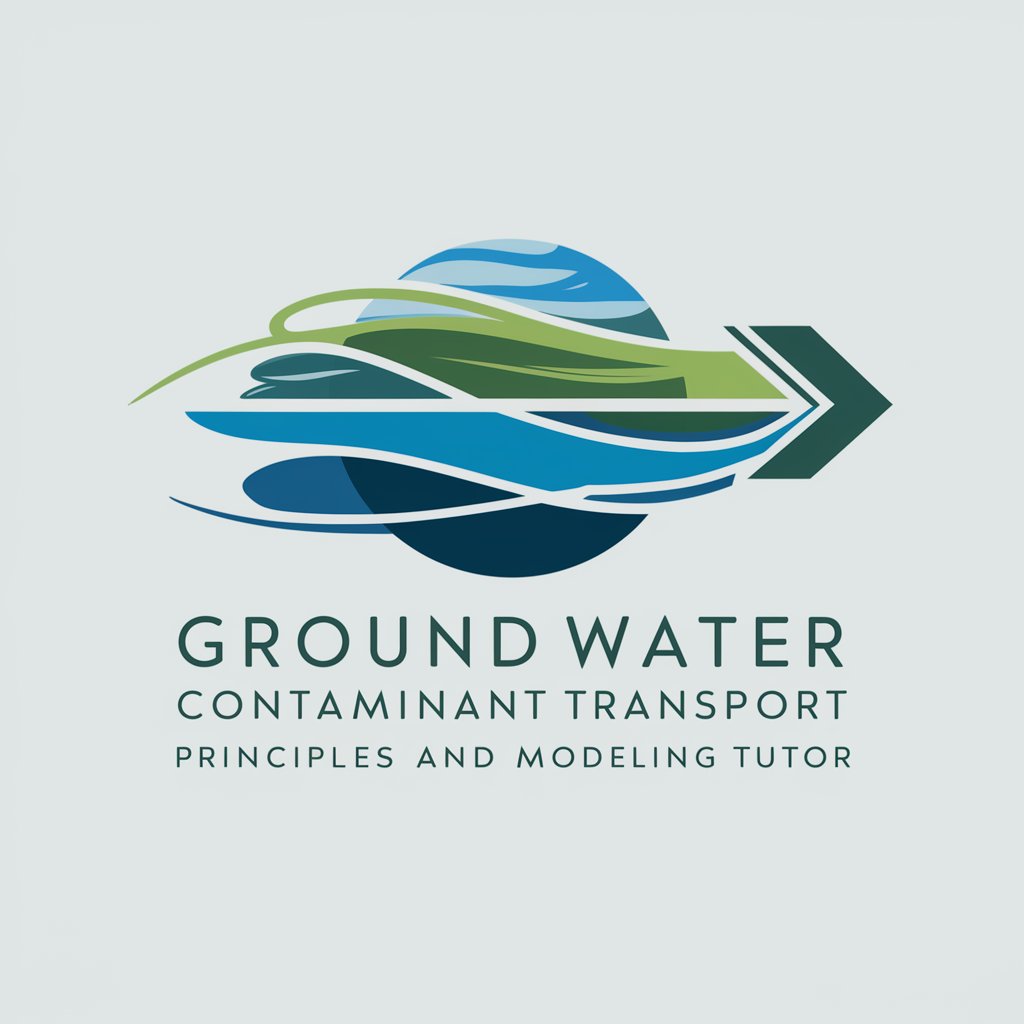
Chatea con un PDF
Unlock Your PDFs with AI
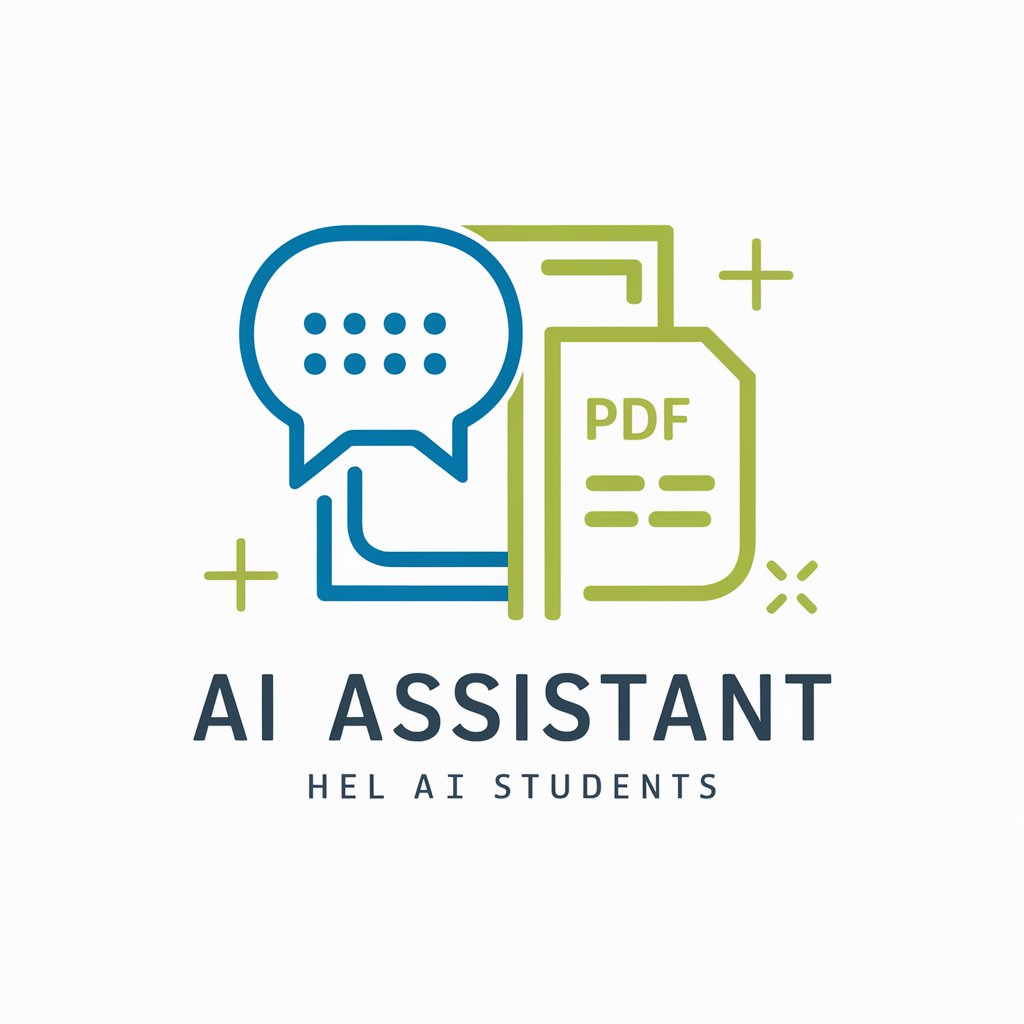
Assistant Dev Web
Empowering development with AI

Générateur d'Avatar
Craft Your Digital Persona with AI

Teletraan-1
Unveiling the Transformers Universe

Tarkov Coach
Strategize, Survive, Conquer - AI-powered Tarkov Insights

Private Cloud Creator PRO GPT
Empower your private cloud with AI

EthicalAI
Transforming Text for Fair Treatment

Chat with President George Washington
Engage with America's First President

Synology GPT
AI-powered Synology Assistance

GPT for SEO: Mastering Topic Clusters
Elevate SEO with AI-Driven Topic Clusters

Kubernetes Guru
AI-Powered Kubernetes Expertise
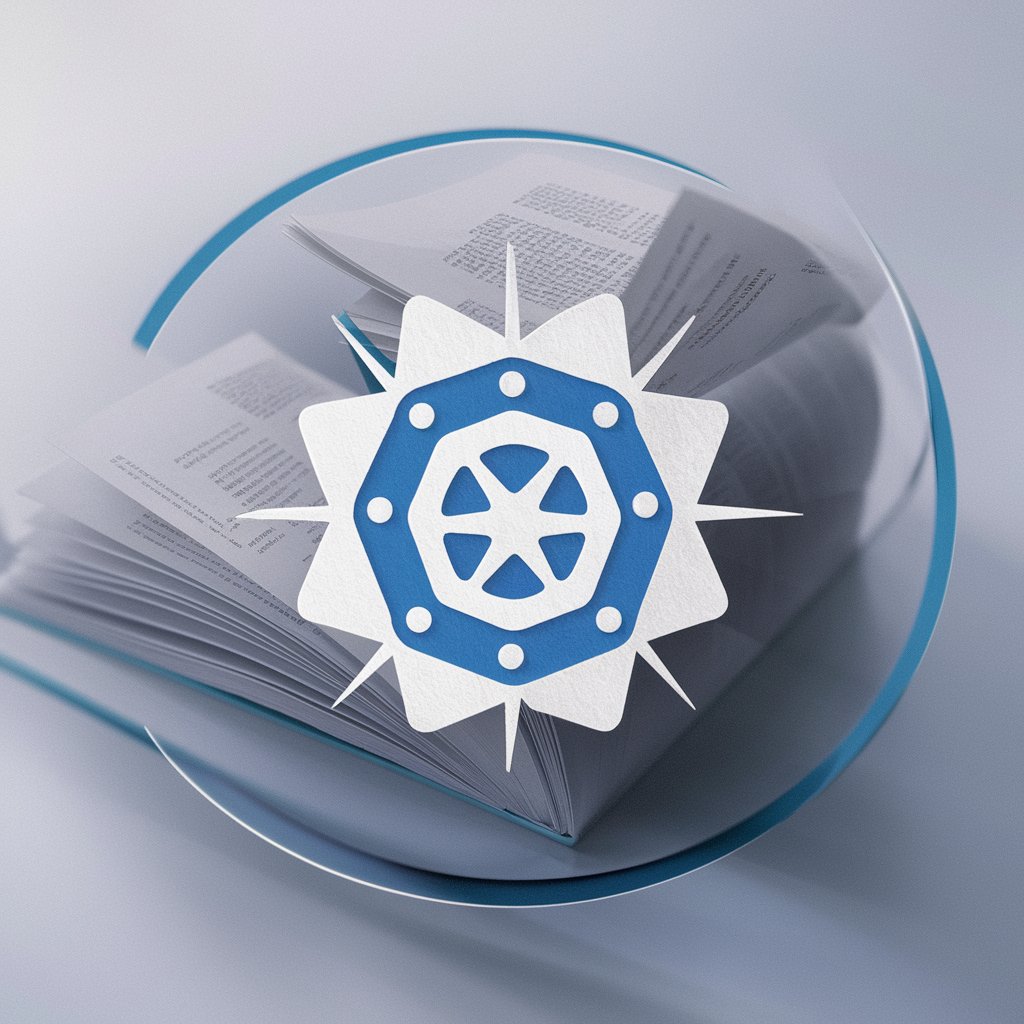
Frequently Asked Questions About Water Quality Analyst
What types of water quality data can I analyze with this tool?
Water Quality Analyst is equipped to handle a broad range of data, including but not limited to, pH levels, turbidity, chemical concentrations, and biological indicators.
How does the tool help with regulatory compliance?
It provides up-to-date information on water quality standards and guidelines, helping you align your analysis with local and international regulatory requirements.
Can Water Quality Analyst predict future water quality issues?
Yes, by leveraging data trends and machine learning models, it can forecast potential water quality concerns, enabling proactive management.
Is there support for academic research?
Absolutely. The tool offers features like data trend analysis and correlation functions, which are invaluable for conducting and presenting environmental science research.
How does the AI feature contribute to water quality analysis?
The AI-driven component enhances the accuracy of data analysis, identifies patterns that might be missed manually, and suggests tailored solutions based on the compiled data.
